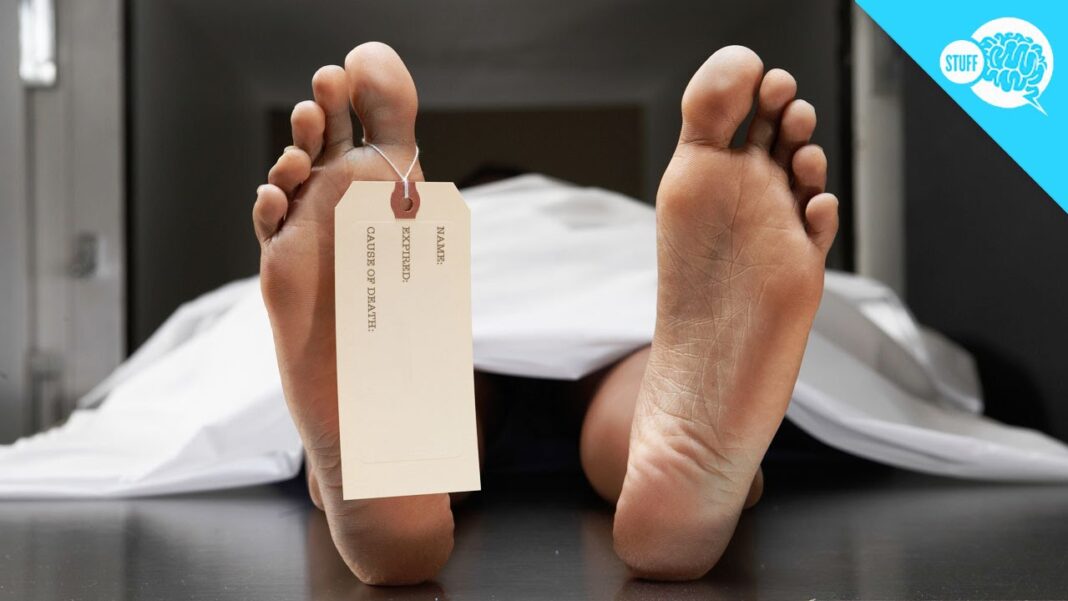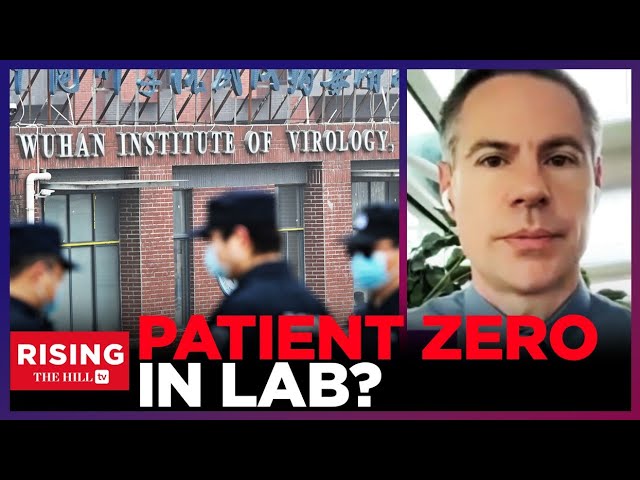The autopsy rate in 2020 reached a record low of 7.4 percent, marking the lowest rate between 1972 and 2020, according to a recently released new report by the National Center for Health Statistics (NCHS), a subagency under the U.S. Centers for Disease Control and Prevention (CDC) (pdf). In 1972, the autopsy rate stood at 19.1 percent, but it has since experienced a steady decline.
The decline in autopsy rates hampers diagnostic accuracy, limits medical research and public health understanding, impairs legal and forensic investigations, hinders quality assurance and education, and deprives grieving families of closure about their loved one’s cause of death.
The report distinguishes between two types of autopsies: hospital/clinical autopsies requested by families or doctors to determine the cause of death and medicolegal autopsies ordered by legal officials to investigate death circumstances.
It notes the stability of autopsy rates from the 1950s to the early 1970s.
Between 1972 and 2020, hospital autopsies declined, while medicolegal autopsies remained stable or increased. Notably, in deaths caused by external factors like drug overdose, homicide, or suicide, the autopsy rate rose from about 19 percent in 1972 to 60 percent in 2020.
In an email to The Epoch Times, the NCHS noted that the distinction between medicolegal autopsies and autopsies for deaths from external causes is not clear, suggesting that the increase in external-cause autopsies may reflect the rise of medicolegal autopsies, while “hospital autopsies” may refer to autopsies on deaths resulting from diseases.
Possible Reasons for the Decline
The report attributed the decline in autopsy rates to the removal of the 20–25 percent autopsy rate requirement in hospitals set by the Joint Commission on Accreditation of Hospitals in 1971.
Two other possible reasons are doctors’ reluctance to order autopsies, fearing potential lawsuits (pdf) if errors are discovered, even though such occurrences are relatively rare, and perceiving them as less valuable (pdf) due to advancements in medical technology, as described in a perspective by Lee Harding published in Circulation in 2018. The cost of autopsies and the fear of lawsuits need to be addressed, it warns.
By Harry Lee







